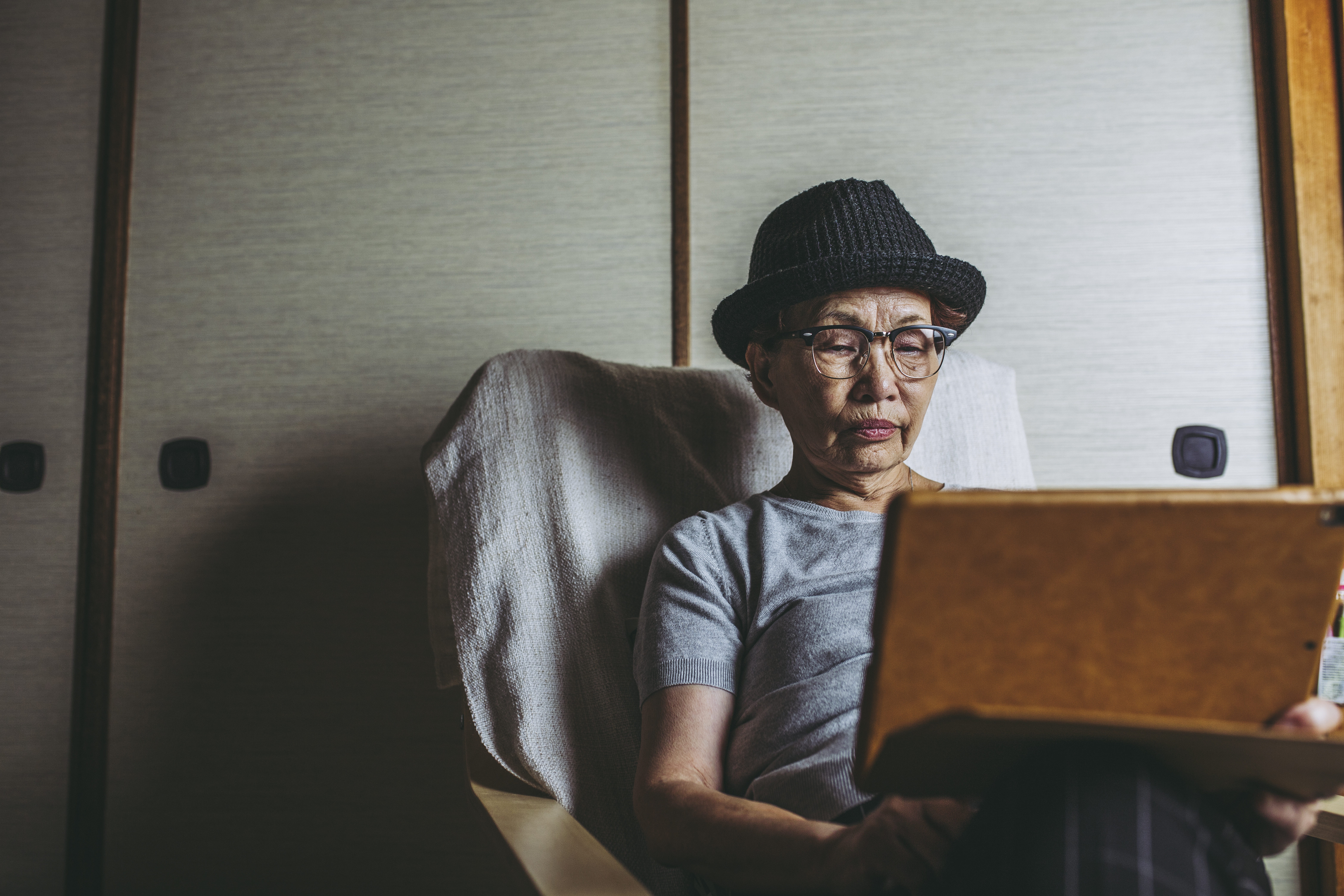It’s time we recalibrated our attitudes to ageing to maximise intergenerational care, knowledge and connection.
My brother, Greg Ginnivan, writer and founder of WisdomMakers, recently published an article about diversity being your superpower in Thrive Global.
Age-diversity could be seen as our collective superpower, if we’d only become more aware of its [hidden] potential. Age-diversity and intergenerational knowledge-sharing, mentoring (in both directions: old – young – old) and learning that leverages the strengths all age groups have to offer makes sense. It is inclusive and maximises our ‘collective wisdom’, if we would only let it be so.

Apart from connection being arguably the most needed aspect of a human’s survival at any age, intergenerational mentoring facilitates attunement to one another’s needs. This is perhaps one of the strengths of collectivist cultures and its high-level of intergenerational connection. This was highlighted in Outlier by Malcolm Gladwell, a true story where all the people who lived in a small Pennsylvanian town of Italian immigrants lived longer healthier lives because of the degree to which others cared for one another, no matter their age.
If we internalise the cultural narrative about age as a category (‘young’ versus ‘old’) we lose this superpower and the very real wisdom that can come with being fully present to our life’s journey. As Vietnamese Buddhist Monk Thich Nhat Hahn has said “Our own life has to be our message.” Our own life is our message in so many ways. We can look back and reflect on our life’s journey and realise that we were once impulsive at times, led by our egos or self-absorbed in many ways. However, a sign of maturity that comes with age is the steady calm with which we now approach a crisis and also the need to give back, mentor and bestow our knowledge seasoned by experience to our younger generations. As philosopher Soren Kierkegaard aptly described hindsight – “We understand life backwards, but it must be lived forwards.” This doesn’t just sound wise and true, but is almost an invitation to halfway understanding or imagining the examples of ‘hindsight and experience’ provided to us from our elders with lived experience. We have the opportunity to hear it from them. However, we, as a culture are blind to these hidden treasures because of our own internalised narrative about ageing. As my good friend and colleague Kerry Sargent writes when it comes to ageist attitudes, “we are own worst enemy”. Our internalised ageism adds to our age-denial, feelings of shame around our age and prevents us from finding our ‘groove thang’ in later life.
Negative self-perceptions of ageing can be described as a process that slowly sees our older selves give our power over to the fear and shame of age-denial. Research shows that those with more positive self-perceptions of ageing not only live healthier, more authentic and productive lives, but actually live longer too. Thanks to the wonderful research by author, speaker and university professor Brené Brown, we know how shame can destroy our emotional lives and affect our self-identity. We also know that owning the thing that is being shamed, like your age, can be transformative and help regain our power as Ashton Applewhite (author of This Chair Rocks) tells us.

There’s a certain necessary intelligence in being able to make snap judgements about our environment, including social aspects. However, our greatest strengths can also be our greatest weakness. If we make only negative judgements about individuals who are older than us or see others or ourselves as ‘old and irrelevant’ then we not only miss out on the wisdom of diverse collective experience but we psychologically sentence ourselves to an internalised negative narrative about our own ageing journey.
Youth-age phenomena is a real thing (E.g. Most people report ‘feeling’ younger than they are), and some people happily continue to pursue ‘youthful activities’ in the face of ageism and prejudice. There is no reason that this cannot be encouraged, and this shouldn’t be highlighted as ‘novel’ and ‘quirky’ as it so often is in the media. Age-diversity is a hot topic, and it should be because as a population, Australia, like many other countries will soon have more people over the age of 65 than under. A life course is exactly that; a process and series of discreet transitions through developmental stages and does not end in our 30s or 40s. The course takes across the lifespan if we are lucky enough to reach old age! Our attitudes to ageing have not kept pace with our biological longevity and needs recalibrating in order to optimise our lives at every stage which in turn enriches the lives of our entire society.

